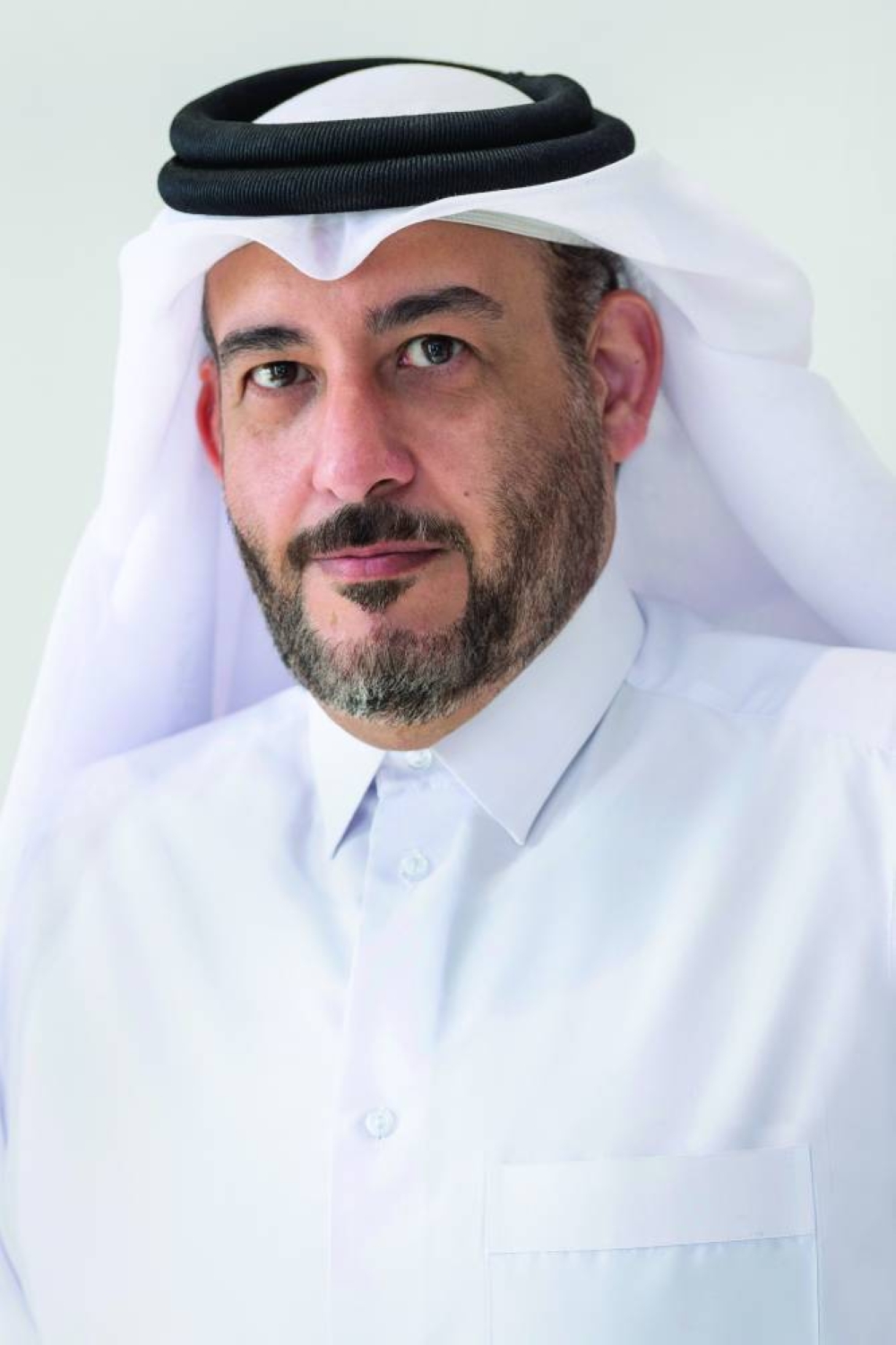Cybersecurity has never been a barrier to development and artificial intelligence (AI) will offer huge opportunities, even as AI has its own problems, according to a top official of National Cyber Security Agency of Qatar.
"The cybersecurity or the cyber system was never a challenge or a barrier to development,” Abdulrahman Ali al-Malki, president, National Cyber Security Agency, Monday told Doha Forum 2023,l which concluded Monday.
Addressing a panel 'Securing Data in an AI Driven Era', he said when it comes to the AI, it is natural and inevitable, just as it was in the case of development of internet and cloud technologies.
"We should follow this natural development and to help parties that use AI and work on things that will help them or protect them while using the AI," he said.
Highlighting that AI has its own problems, al-Malki said it has certain ethical issues and there was also the risk of misinformation or false information.
Stressing that the AI is evolving very quickly, he said "we can agree on framework and the regulations and legislations for those who use AI to get the best results and finding, while protecting their data."
"In the future, it is our duty to protect the cyberspace, even when people are using the technology and the AI," he added.
Al-Malki highlighted the role of Qatar’s national committee for AI. The committee was established within the Ministry of Communications and Information Technology under Cabinet Decision No. 10 of 2021.
Qatar's AI Strategy is structured around six thematic pillars which together will guide the country to transform itself for an AI+X Future. The moniker “AI+X” refers to the emerging consensus that AI technology will permeate into all secular aspects of human endeavors: health, entertainment, business activity, education and research.
Muznah Siddiqui, Global Governance Research and Planning Associate, United Nations University Center for Policy Research, said data forms the bedrock of AI and one of the key challenges will be to develop a parallel process that governs AI.
"We need to develop systems of governance that are agile," she said, adding it is important for the regulators to govern AI on the basis of human rights.
The main challenge, according to her, was how to ensure that governance of AI is truly multi stakeholder and how exactly it will help these partnerships between not only member state but also the private sector, civil society organisations and the technical community.
Nudhara Yusuf, executive coordinator of the Global Governance Innovation Network, Stimson Center, said the critical issue with AI is that it is dual technology with massive positive uses.

Abdulrahman Ali al-Malki, president, National Cyber Security Agency

